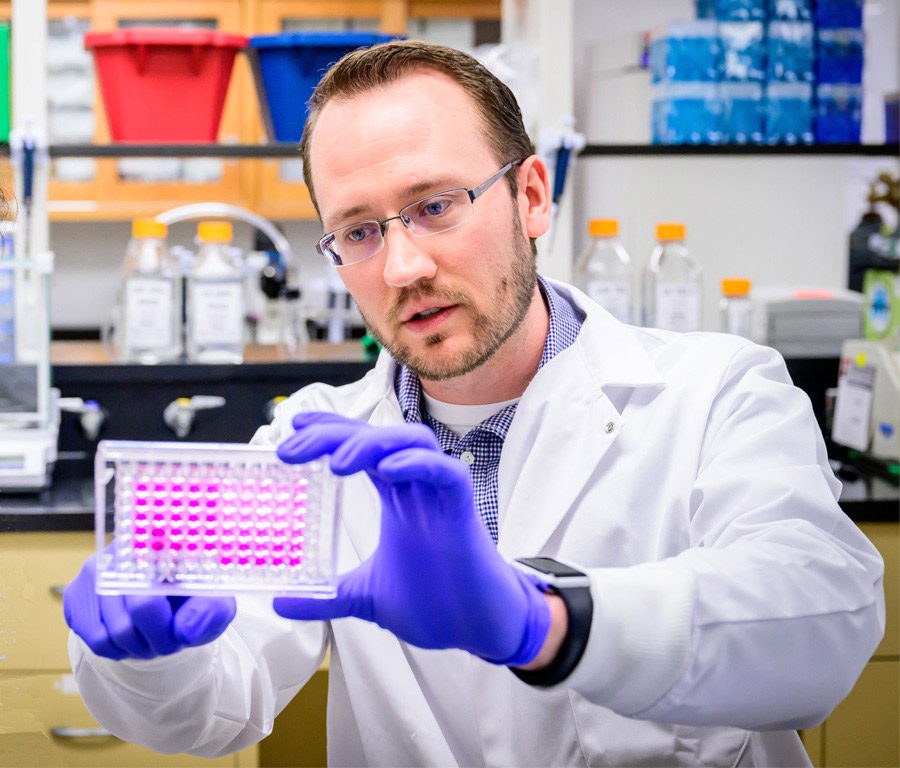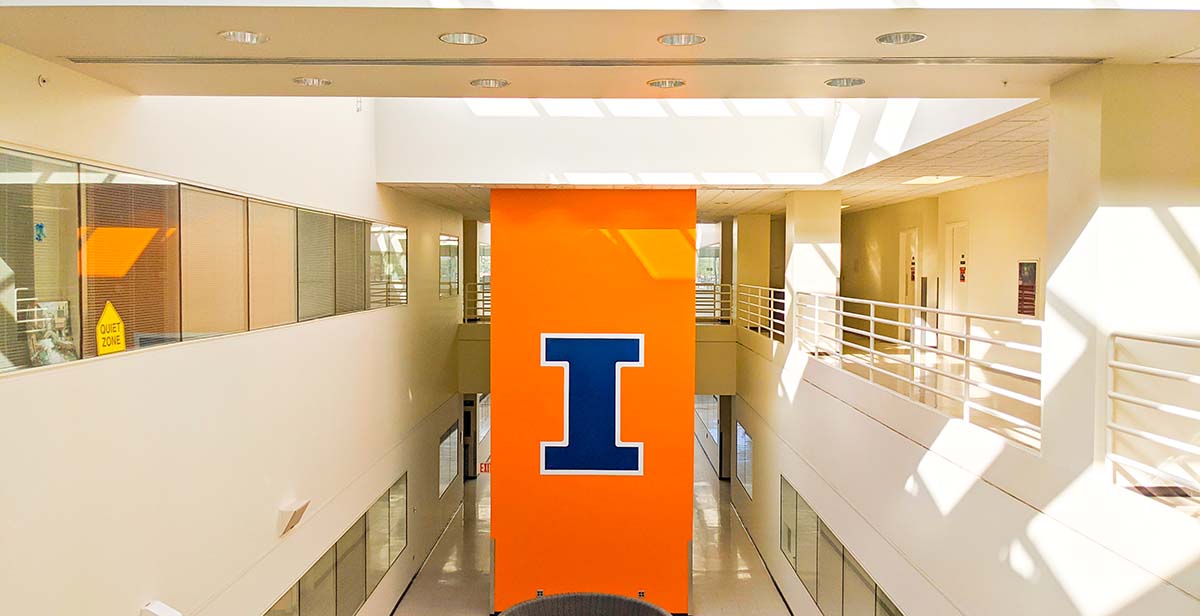On Saturday, September 8, the University of Illinois shelter medicine program will sterilize, vaccinate, and microchip over 100 feral cats from east central Illinois. The goal is to reduce the overpopulation of cats and improve the health of these unowned animals.
The first in a series of “Community Cat Days,” this all-day marathon surgical session was made possible by a grant from Best Friends Animal Society to the Veterinary Teaching Hospital at the College of Veterinary Medicine. The grant will cover the cost of basic care for 500 cats. Services are planned for delivery on Saturdays at monthly or bimonthly intervals through spring 2019.
“Faculty, veterinary interns, veterinary technicians, and students from the College of Veterinary Medicine will be volunteering their time for this,” says Dr. Loukia Agapis, who leads the shelter medicine program. “The grant will cover the costs for the supplies to perform the surgeries, vaccinations, and other procedures.”
To deliver this large volume of services in a single day, the doctors and students will be organized into teams. Some will check in patients, others will evaluate patients for surgery, and other teams will perform surgeries, place microchips, and give vaccinations. The cats will enter through an entrance separate from the main Small Animal Clinic lobby to ensure that hospital patients are not exposed to the unvaccinated feral cats.
For the first Community Cat Day, partner organizations throughout the region—including Hospice Hearts, Vermilion County Animal Regulations, Humane Society of Danville, Iroquois County Animal Rescue, and Coles County Animal Shelter—will be bringing unowned cats from their area for the procedures.
“We are very grateful for the assistance of these partner organizations. They have helped reserve appointments and will be transporting kitties to the Cat Day events,” says Dr. Agapis.
All unowned, outdoor cats are welcome to come get altered, microchipped, vaccinated, and ear tipped, as long as they arrive in a trap or carrier and have a carrier in which to recover and be returned to their original location.
According to Dr. Agapis, microchips increase the chances of feral cats being returned to the correct colony.
“Cats can have a strong bond with their outdoor family,” she says. “Returning them to their specific outdoor home is very important.”
Additional Community Cat Days have been scheduled for October 20 and November 3. Anyone wishing to bring feral cats that they have seen in their neighborhoods are asked to contact the shelter medicine program by email (VTHShelterMed@vetmed.illinois.edu) or phone (217-778-7387).
The goal of the Shelter Medicine Program at Illinois is to develop a talented pool of veterinary graduates who are well-versed in the tools available to improve the care of shelter animals and help reduce animal overpopulation. Since 2011, the program has spayed or neutered more than 20,000 animals in east central Illinois at low- or no-cost.
Visit our Facebook photo album for more on our first Community Cat Day.

![[Student volunteers prepare feral cats for sterilization surgery]](https://vetmed.illinois.edu/wp-content/uploads/2021/04/community-cat-day.jpg)


